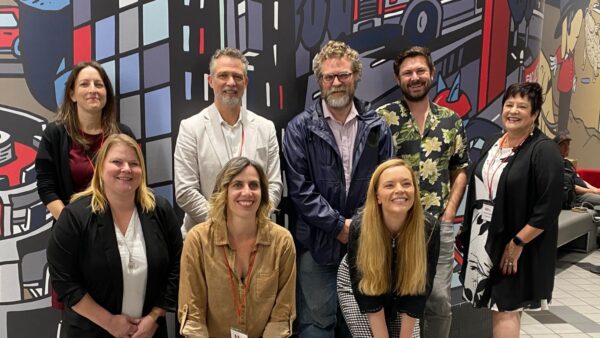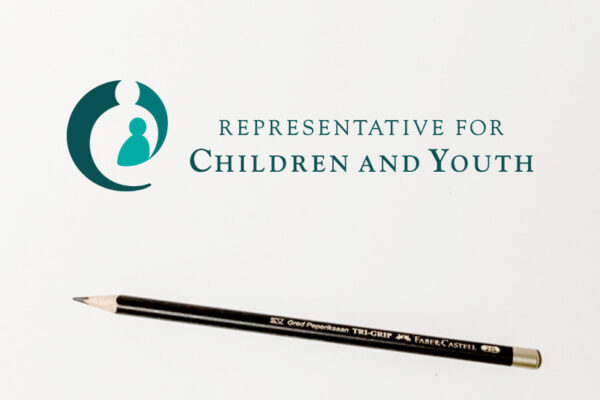Visit the Autism Research Hub! Your Gateway to Autism Research
Every year, thousands of researchers from around the world dedicate their time and effort to produce scientific papers on autism. These papers are a testament to the unwavering commitment of the scientific community to understand and address the challenges faced by individuals with autism. ACT’s team is dedicated to curating… Continue Reading
Thank you to everyone who has made 2023 a success!
Our gratitude goes to everyone who donated to us in 2023! We are very grateful for our volunteers who spent their time to support ACT’s work – we could not have done it without you! A special thank you to our board of directors, supporters, event speakers, our members, and newly formed Autistic Advisory… Continue Reading
Giving Tuesday is just around the corner, and we’re eager to hear from you!
It is difficult to believe that it has been one year since I began the role of Executive Director. Since then, our small but mighty team has accomplished great things and achieved many milestones. In 2023, we hosted several presenters including Amy Weatherby; Michelle Garcia Winner & Pamela Crook; Ross… Continue Reading
Your Voice Matters! 2023 CYSN Check-in
The Representative for Children and Youth is asking for your response to a survey that will inform a report that will be released in early 2024. Many families across BC have not yet had a chance to complete the check-in. The survey is being kept open until November 30.
New Video: Physiothereapy & Autism
Join Jessica and Taylor from Kids Physio Group for our latest ACT Chats presentation on how physiotherapy can benefit some autistic kids. Learn what caregivers can watch for as autistic kids develop, what to expect when starting physio, and how they make physio fun for kids of all ages and… Continue Reading
Autism News from around the Internet
- Men on sodium valproate told to use contraception
- Steve Silberman, 66, Dies; Writer Deepened Understanding of Autism
- The Curious Incident of the Dog in the Night-Time is about an autistic boy. But it hasn’t always been autism-friendly
- AI could help identify toddlers who may be autistic, researchers say
- Warning over rise in children on disability benefits in England and Wales




